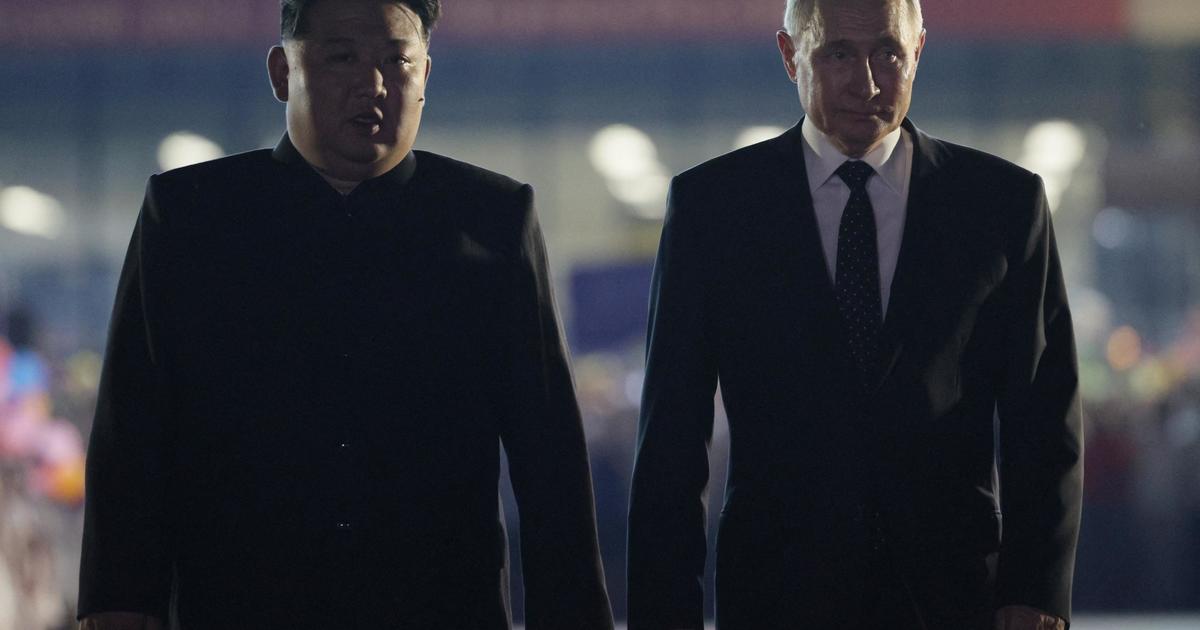The escalating conflict in Ukraine has introduced a new and unsettling dimension: the potential involvement of North Korean troops fighting alongside Russian forces. This development, first hinted at by South Korean intelligence and subsequently confirmed by U.S. Secretary of Defense Lloyd Austin, signifies a significant escalation in the geopolitical landscape and raises crucial questions about the evolving alliances and potential consequences of this unprecedented collaboration. The implications extend far beyond the immediate battlefield, impacting global stability and the balance of power. This situation necessitates a thorough examination of the unfolding events and a careful assessment of their potential ramifications.
North Korean Troops in Russia: Confirmation and Implications
Evidence and Statements from Key Officials
The initial reports emerged from South Korean intelligence agencies, alleging the deployment of North Korean commandos to Russia. These reports were met with initial skepticism, however, Secretary of Defense Lloyd Austin’s confirmation lent significant weight to these claims, marking the first acknowledgement from a senior U.S. official. While Austin did not disclose precise numbers or operational details, he noted that the evidence points to the presence of North Korean troops in Russia. The lack of specifics highlights the inherent difficulties in tracking clandestine troop movements, particularly in a conflict zone. The confirmation by a high-ranking U.S. official, however, underscores the gravity of the situation and elevates its importance within the wider geopolitical narrative. The lack of official comment from North Korea, while not surprising, serves to only increase the unease surrounding these activities.
Potential Roles and Impact on the Battlefield
The exact role of these North Korean troops remains unclear. Speculation ranges from providing support as elite commandos or advisors to simply bolstering Russia’s diminishing manpower. South Korean intelligence suggests the North Korean soldiers might be undergoing training within Russia before deployment to the front lines in Ukraine. However, Ukrainian officials have yet to confirm the presence of North Korean fighters in active combat, highlighting a key uncertainty of how significantly North Korean intervention may affect military strategies or results. The potential impact of these troops on the battlefield depends on their training, equipment, and how Russia ultimately chooses to utilize them. If employed as elite units, they could make a more substantial contribution; however, if used solely for numerical advantage, their impact may prove more limited.
Geopolitical Implications and International Response
Strengthening the Russia-North Korea Alliance
The alleged deployment represents a dramatic escalation of the existing partnership between Russia and North Korea. This collaboration goes beyond mere military support. A summit in June between Vladimir Putin and Kim Jong Un resulted in a comprehensive strategic partnership agreement, signifying a formal expansion of economic and military ties designed to create a unified front against the West. This alliance challenges the existing global power dynamics, creating a more unstable geopolitical landscape that could significantly impact various regions. The support provided by North Korea to Russia strengthens their mutual interest in weakening the West and further entrenching their influence on the global stage.
Concerns over Weapon Technology Transfer
The cooperation between Russia and North Korea extends beyond troop deployments, as North Korea has provided significant quantities of artillery to Russia’s war effort for several months. The prospect of a potential exchange of advanced weapons technology is deeply troubling for the United States and its allies. Russia could transfer nuclear and advanced ballistic missile technology to North Korea in return for Kim’s ongoing assistance. This exchange would have significant implications for regional stability and dramatically escalate global tensions. It poses a direct challenge to existing international non-proliferation efforts and will raise concerns about the possibility of a wider nuclear arms race. Concerns about the transfer of military tech are at the forefront of the concerns related to this growing partnership.
Potential for Further Escalation and Future Outlook
South Korea’s Response and Potential for Arms Supply to Ukraine
The situation involving North Korea’s alleged military involvement is driving South Korea toward significant shifts in their foreign policy. In direct response to intelligence regarding the troop deployments, South Korea has indicated its willingness to provide arms to Ukraine. This is a marked change for the South Korean government, who had previously avoided such action since the start of the conflict. This could lead to a marked change in relations between the two countries. This marks a critical moment, showcasing how this unexpected alliance is impacting regional and even international security. This illustrates the far-reaching consequences of this newly formed alliance and its significant repercussions for the geopolitical balance.
Uncertainty and the Need for Continued Monitoring
The unfolding situation in Ukraine highlights a high degree of uncertainty. The exact number of North Korean troops in Russia remains unknown and may fluctuate over time. Likewise, the long-term impact on the war in Ukraine and on global relations remains to be seen. This demands that international entities continuously monitor events and gather as much detailed intel as possible. The information gleaned will aid international monitoring efforts, assisting in future response efforts and fostering a better understanding of the complexities of this challenging situation.
Takeaway Points:
- The confirmation of North Korean troops in Russia represents a significant escalation in the Ukraine conflict.
- The Russia-North Korea alliance has implications for global stability and the balance of power.
- The potential transfer of weapons technology between Russia and North Korea is a serious concern.
- South Korea’s response, possibly including supplying weapons to Ukraine, reflects a major shift in geopolitical posture.
- Continued monitoring and assessment are essential to fully understand the evolving situation and its implications.




